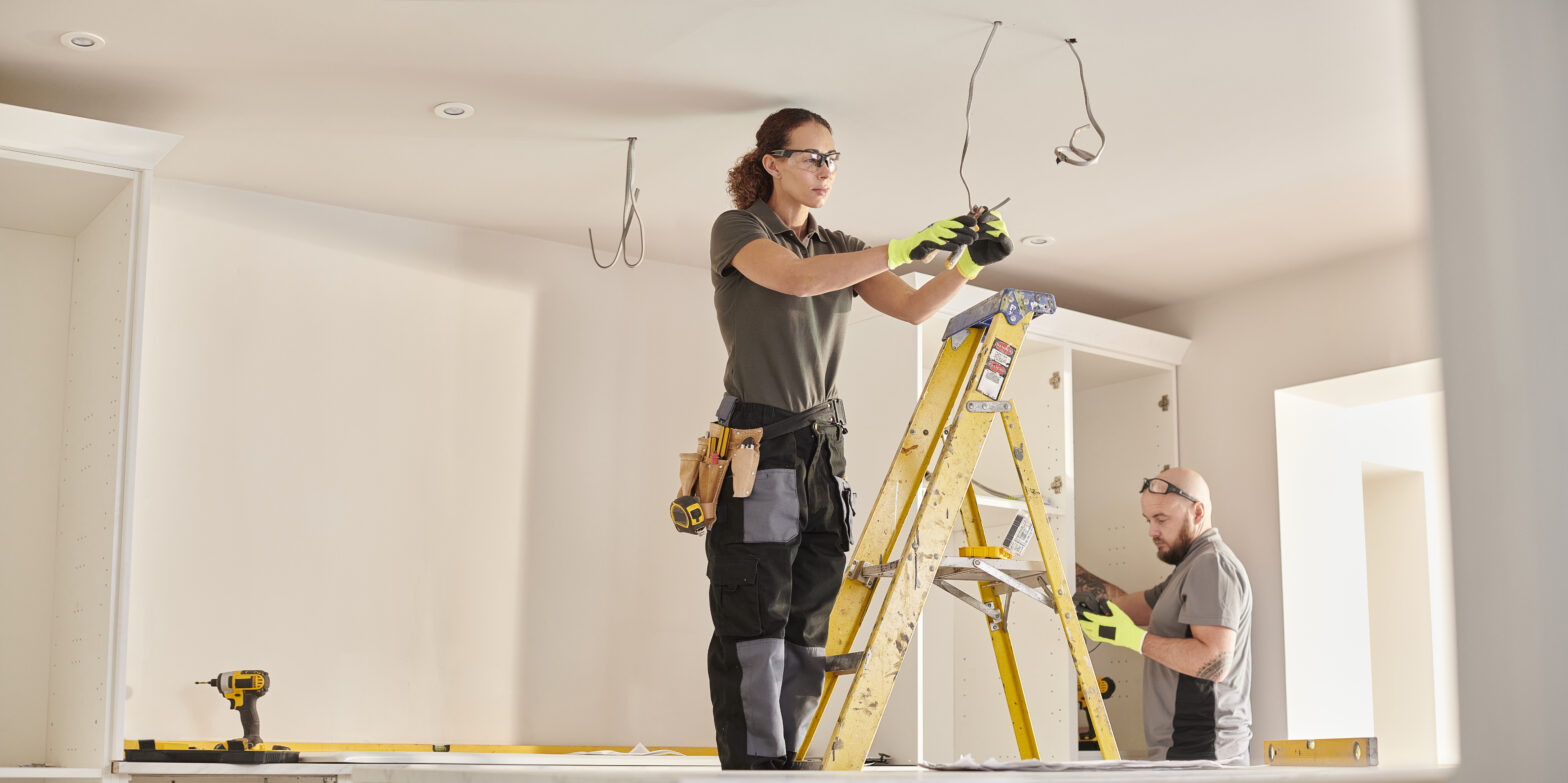This fortnight John Laird asks what kind of insurance he needs to run his business from a spare room in his home.
Deciding what insurance you need for a home-based business is one of the least exciting parts of starting and running your own company – but it is vitally important. If you are not properly insured and something goes wrong, it could mean the collapse, and end of your business.
Insurance is a big issue for many small businesses at the moment as their insurance premiums are soaring, with some being hit by rises of up to 500%. Those most affected are scaffolders, manufacturers, coach companies, roofing contractors and couriers.
So not only should you think carefully about the right sort of insurance you need, but you should also make sure you get it at the right price and with the right company. As with everything, shop around – get at least three quotes and make sure you give as many details as possible about the type of business you are running and the equipment you intend to use. As with all forms of insurance, make sure you check the small print for any inclusions/exclusions before committing yourself.
The temptation when working from home is to rely on your existing home contents and buildings insurance for cover. Indeed, with the relative ease in setting up a business (many people work from home with just a PC) and the fact that many people have PCs at home for leisure use, insurers are finding it harder to make a distinction between, for example, using a PC at home for work and using it for leisure purposes.
Business equipment insurance
You will find that only a few insurers will let you cover business equipment as an extension to your normal house contents insurance. If you use a registered insurance broker, give them a call. Not only will they be able to advise you on types of insurance, they can also check your household insurance policy and advise you on whether or not it provides adequate cover.
More usually, you will need separate insurance for business equipment – especially if you use a large amount of equipment as part of your business. You should also think about whether your policy will allow you to transport your equipment, for example in a car.
You can take this insurance out in the form of a homeworkers policy which many insurers, such as Tolson Messenger, Northern Rock and Cover Quote offer. This might, in any case, give you useful additional cover for areas such as business interruption. Your business could be interrupted by fire or flooding – with insurance for business interruption, your insurer will provide you with temporary offices, cover the cost of relocating and additional expenses for your business, such as setting up new telephone lines. This can save you a lot of money in the long term.
Liability insurance
By law you must have employer’s liability insurance, but this only applies if you take on any staff, not if you are working on your own from home. This pays out for your legal liability if one of your employees is injured or ill as a result of working for you and you have been negligent. The amount of cover (the amount of money that the insurance company will pay out if you claim) is generally unlimited. The law also requires you to exhibit a certificate of employer’s liability insurance at each place of work.
You should also have public liability insurance. If anyone visits your home for business purposes and is involved in an accident on your premises that stops them from working, you could be sued for loss of earnings.
Professional Indemnity (PI) insurance will cover you for legal representation and legal fees in the event that a customer makes a claim against you for a mistake or negligence.
Reduce premiums
As a homeworker, there are also measures you can put in place that may help reduce premiums. These include heightening the security in your home, for example by installing a burglar alarm or strengthening the locks. You will need to check out a variety of insurers, compare quotes and see whether it’s worth investing in security for a significant drop in premiums. Some insurers will also reduce premiums if you accept an excess on any claim.
Other considerations
Many people tend to overlook is coverage for loss of income. While your old policy is likely to cover building and contents in the event of fire, it’s worth paying an extra premium to cover any loss of business income resulting from damage to your home.
It is also easy to forget that the level of car insurance you require can also be subject to change, obviously depending on the kind of work you do. If you frequently drive for work and transport an employee or customers in your car, check that your car insurance allows you to drive on business matters.
Regardless whether you work from home or from an office, identical legislation must be adhered to regarding Health and Safety. If you are working for your own business, you are legally required to create a risk assessment and obtain adequate liability insurance. See this guide from the Health and Safety Executive on home working, which includes everything you need to know about your legal obligations and risk assessment.
Related: The essential guide to setting up a home office
You may also have to follow the legal requirements of the smoking ban. If other people attend your home and home-based office, it must be smoke-free and ‘No Smoking’ signs must be displayed. The smoking ban also applies to vehicles that are used for business purposes by more than one person and/or by members of the public.
Getting Insurance
‘Cutting corners on comprehensive insurance cover is a false economy – you don’t want to wait until you need to make a claim to discover that your old policy doesn’t cover you and are faced with having to replace expensive equipment. Also, many insurance providers allow you to spread your payments by interest-free direct debit to help manage your cashflow,’ says Steve Davis, chief broking officer of Coverzones.
If you do need insurance for a home-based business, do not delay in taking it out. Try our free quote-finding form and answer a few questions about your business (it takes less than a minute).
See also: What business insurance do I need as a sole trader?




